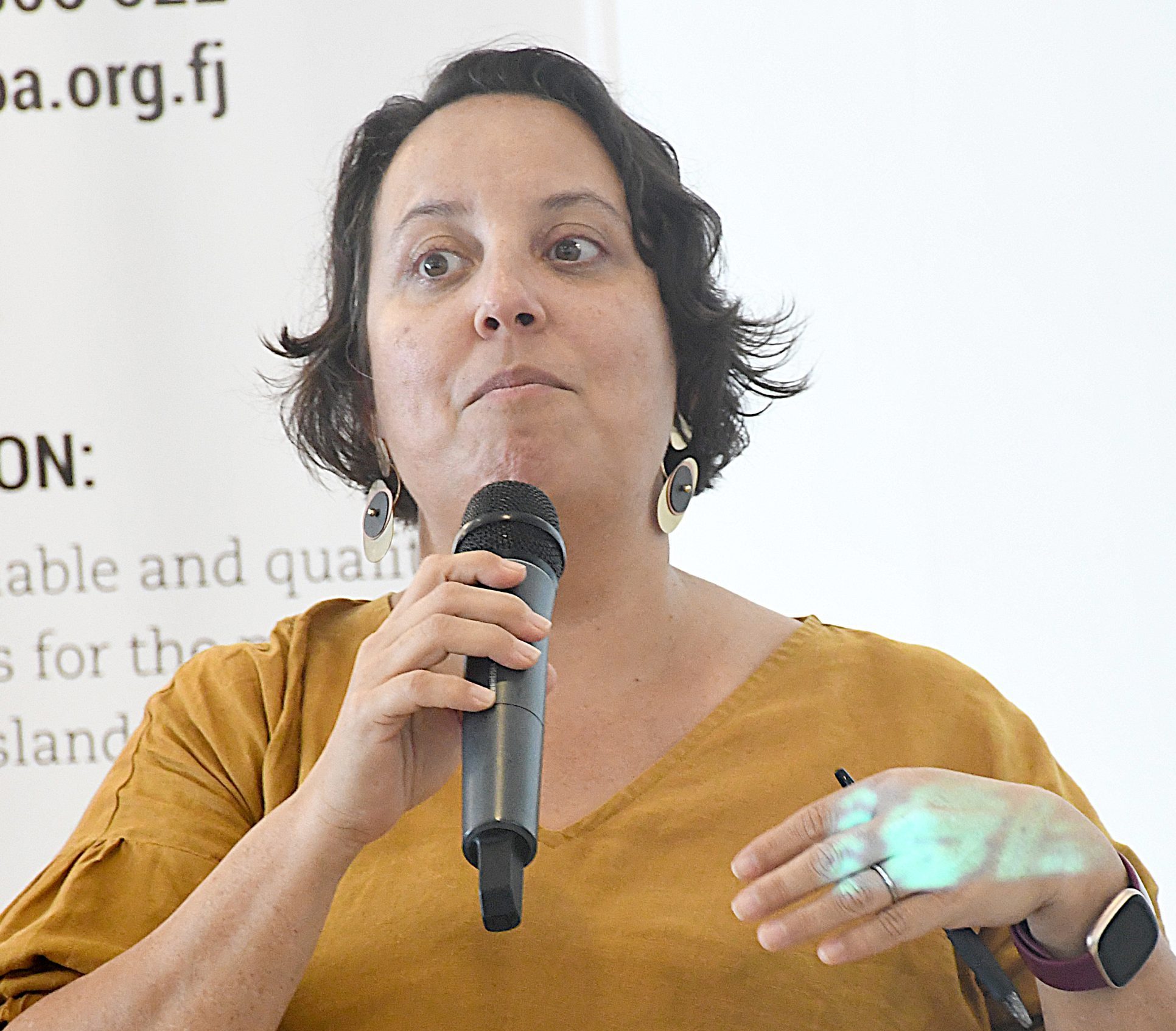WOMEN in the construction and trade industry in Fiji continue to face everyday challenges that discourage them from remaining in the field — from a lack of basic amenities to deeply ingrained cultural barriers.
Speaking at the Employ Women, Empower the Pacific Talanoa yesterday, chairperson of Women in Construction and Trade Fiji (WICAT) Julianne Verma emphasised the importance of creating supportive environments that allowed women to thrive in male-dominated workspaces.
“What we do is basically allow a safe space for women to be part of projects, jobs, and to ask questions that, when you’re in a male-dominated space, you might feel are stupid,” she said.
“It’s a completely safe space.”
She said the association had successfully supported many women to work on job sites — spaces they may not have otherwise entered — over the past two years.
“I feel our role at this point has been successful in what we set out to do, which is to help women feel they can communicate and openly share their experiences.”
Ms Verma said the lack of reliable data on how many women were working in construction in Fiji made it difficult to track progress and push for change.
“We know we’re represented everywhere, but specifically in this space, there’s no real data.
“Having this report (Pacific Economic Update: Employ Women, Empower the Pacific: A Strategy for Uncertain Times) is so important, it tells us where we need to push.”
Ms Verma also highlighted the obstacles women faced on work sites including the lack of proper toilet facilities and having to wear overalls that were impractical when women had to relieve themselves.
“When you’re the only woman on-site, there’s no special convenience or bathroom. You’re forced to use the same facilities as the men and that makes a big difference.”
“We don’t want special privileges. Just add the additional things that a male worker normally enjoys. That alone can help more women stay in the field.”



